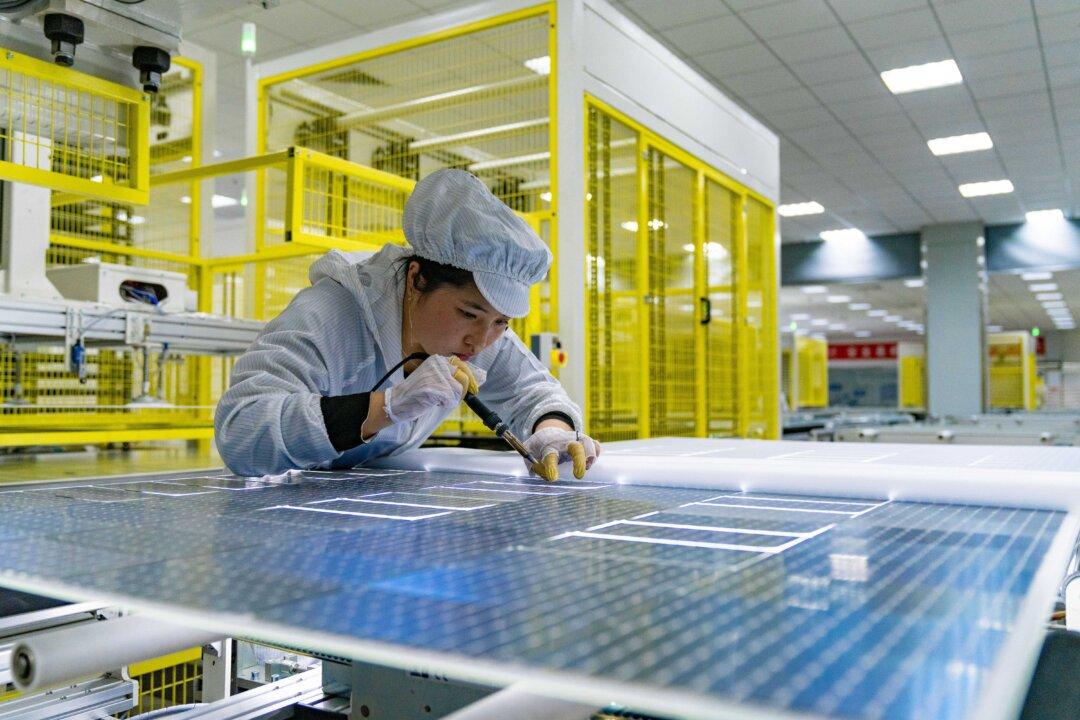Two Democratic senators are calling on President Joe Biden to repeal tariff waivers that Chinese companies are using to circumvent anti-dumping and countervailing duties by moving solar cells and modules through four Southeast Asian countries.
Sens. Sherrod Brown (D-Ohio) and Bob Casey (D-Pa.) cited the findings in a March 2 letter, stating that “circumvention of U.S. trade law is indisputably happening, and it is harming American workers and industry.”




